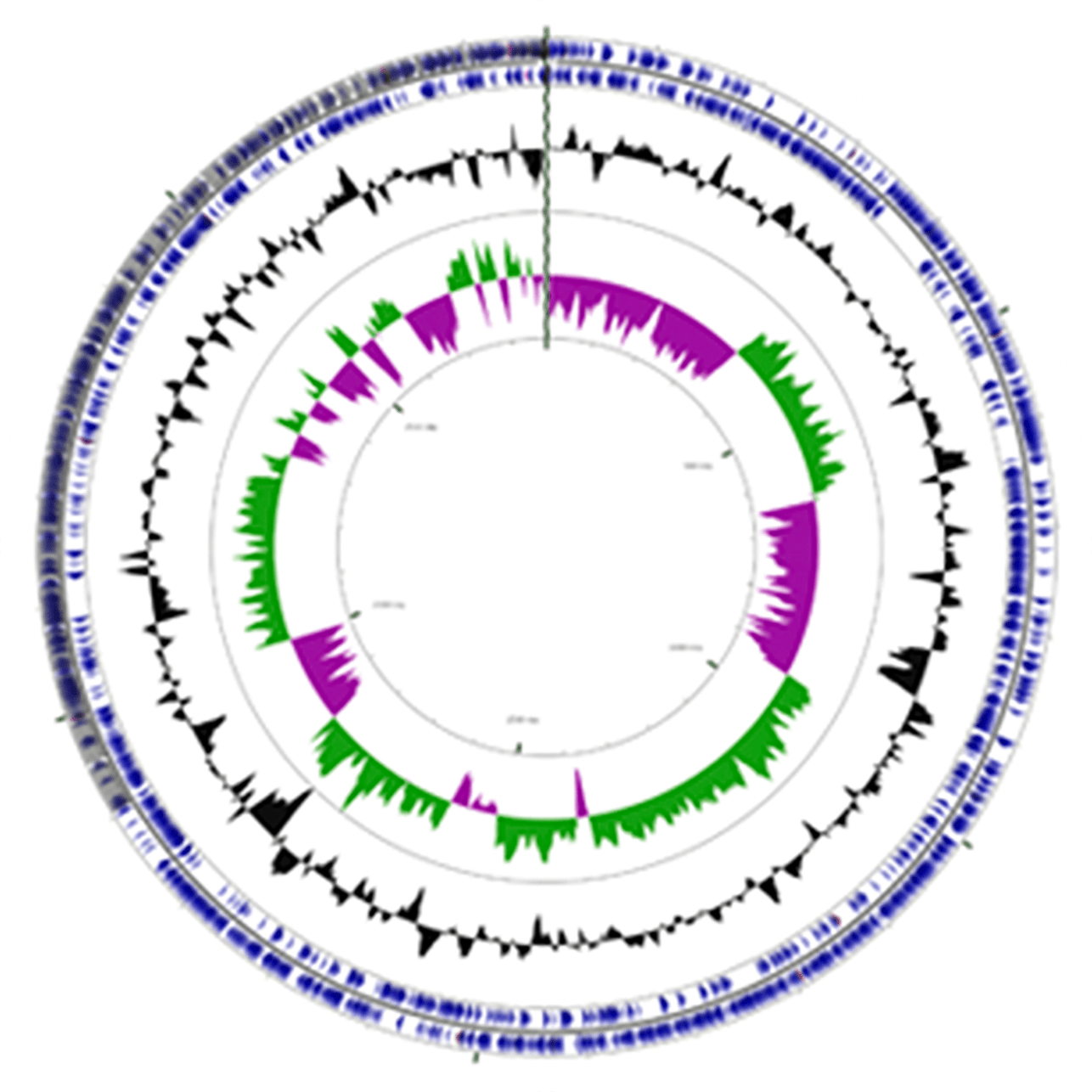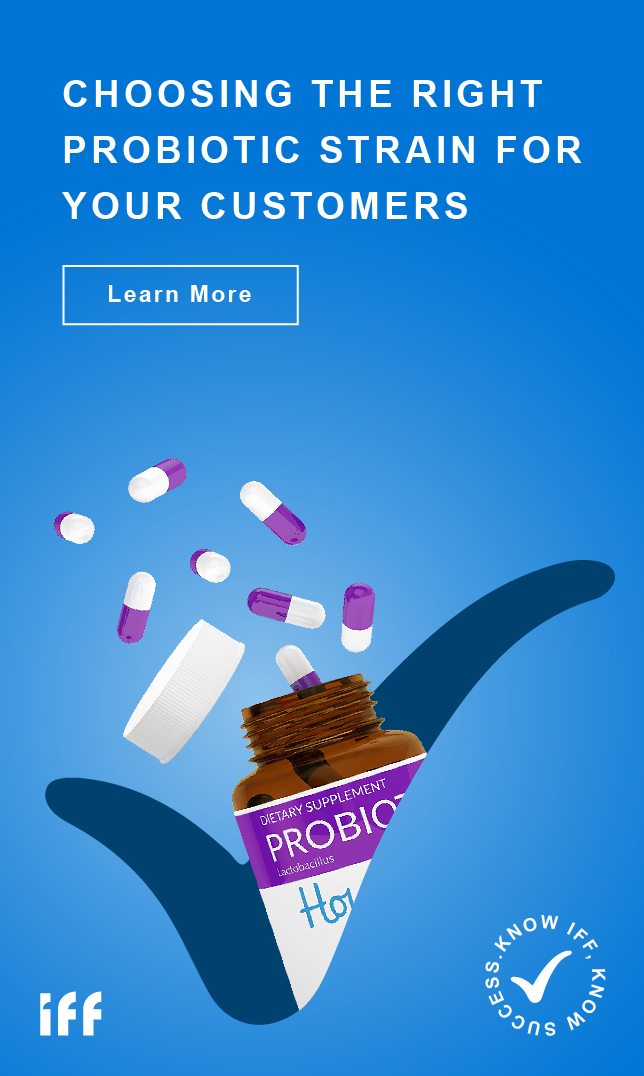Signature strains
LACTICASEIBACILLUS RHAMNOSUS HN001™
Grant JR, Stothard P. The CGView Server: a comparative genomics tool for circular genomes. Nucleic Acids Res. 2008;36:W181-W184.

Introduction
Lacticaseibacillus rhamnosus HN001™ has been consumed for more than 20 years in foods and supplements and documented in more than 100 scientific publications. It was originally selected as a probiotic candidate due to its high tolerance to acidic conditions, and was subsequently shown to survive passage through the human intestine.1-3 HN001™ has been extensively studied across all life stages from early infancy through elderly years, and in pregnant and lactating women. Most notable is its ability to impact the immune system and long-term safety profile in infants and children to support early life immune homeostasis.3-6 Also, when combined with La-14®, HN001™ supports healthy bacterial colonization for women’s health.7
32 In vitro through product functionality studies
+55 Clinical trials

Health-benefit area
Health-benefit area

Supported dosing
Supported dosing

Study reference
Study reference

Health-benefit area
Health-benefit area

Supported dosing
Supported dosing

Study reference
Study reference

Health-benefit area
Health-benefit area

Supported dosing
Supported dosing

Study reference
Study reference

Health-benefit area
Health-benefit area

Supported dosing
Supported dosing

Study reference
Study reference

Health-benefit area
Health-benefit area

Supported dosing
Supported dosing

Study reference
Study reference

Health-benefit area
Health-benefit area

Supported dosing
Supported dosing

Study reference
Study reference

Health-benefit area
Health-benefit area

Supported dosing
Supported dosing

Study reference
Study reference
32 In vitro through product functionality studies
REFERENCES:
1. Prasad J, Gill H, Smart J, Gopal PK. Selection and characterisation of Lacticaseibacillus and Bifidobacterium strains for use as probiotics. Int Dairy J. 1998;8:993-1002. 2. Tannock GW, Munro K, Harmsen HJM, Welling GW, Smart J, Gopal PK. Analysis of the fecal microflora of human subjects consuming a probiotic product containing Lacticaseibacillus rhamnosus DR20. Appl Environ Microbiol. 2000;66:2578-2588. 3. Wickens K, Black PN, Stanley TV, et al. A differential effect of 2 probiotics in the prevention of eczema and atopy: a double-blind, randomized, placebo- controlled trial. J Allergy Clin Immunol. 2008;122(4):788-794. 4. Wickens K, Black PN, Stanley TV, et al. A protective effect of Lacticaseibacillus rhamnosus HN001™ against eczema in the first 2 years of life persists to age 4 years. Clin Exp Allergy. 2012;42(7):1071-1079. 5. Wickens K, Stanley TV, Mitchell EA, et al. Early supplementation with Lacticaseibacillus rhamnosus HN001™ reduces eczema prevalence to 6 years: does it also reduce atopic sensitization? Clin Exp Allergy. 2013;43(9):1048-1057. 6. Wickens K, Barthow C, Mitchell EA, et al. Effects of Lacticaseibacillus rhamnosus HN001™ in early life on the cumulative prevalence of allergic disease to 11 years. Pediatr Allergy Immunol. 2018;29(8):808-814. 7. De Alberti D, Russo R, Terruzzi F, Nobile V, Ouwehand AC. Lactobacilli vaginal colonisation after oral consumption of Respecta® complex: a randomised controlled pilot study. Arch Gynecol Obstet. 2015;292(4):861-867.






